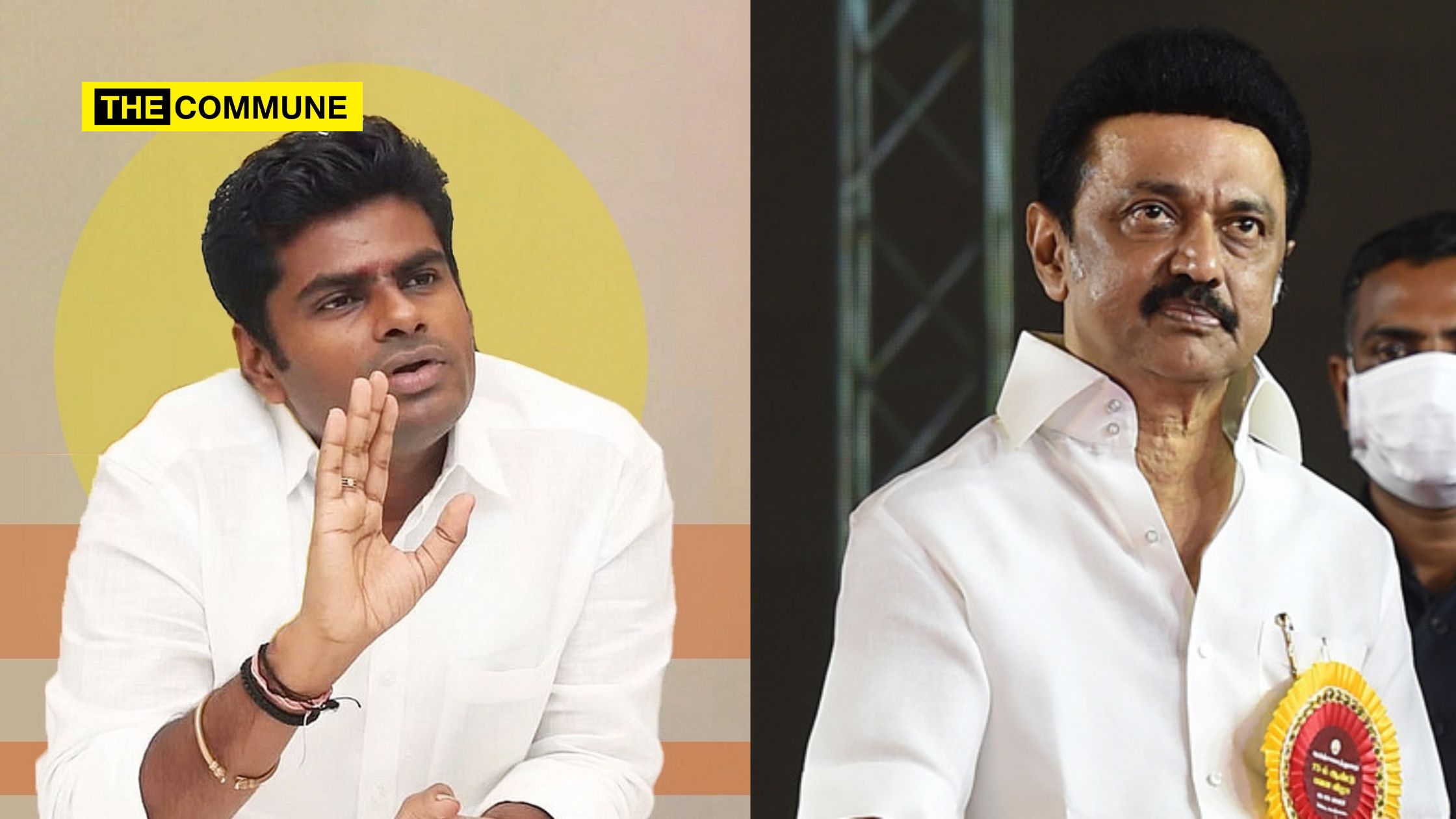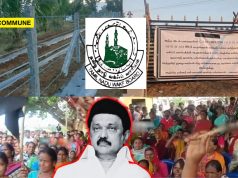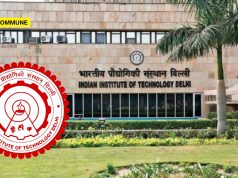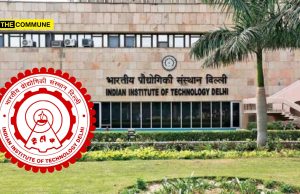
Tamil Nadu BJP President K. Annamalai has accused the ruling DMK government of politicizing the state’s educational progress and obstructing central funds by stalling their process. He has challenged Chief Minister M.K. Stalin, questioning whether his personal ego is obstructing the advancement of educational institutions in the state.
Annamalai, via his official X account, argued that the DMK government in Tamil Nadu lacks the vision to enhance educational infrastructure in government schools and colleges. This failure has negatively impacted the state’s reputation in recent years and accused the DMK of obstructing initiatives from PM Narendra Modi and depriving Tamil Nadu’s people of the benefits from central government programs.
Annamalai noted that despite committing to sign an MoU for PM-Shri Schools, the Tamil Nadu government has yet to finalize the agreement, even as the academic year has begun. Meanwhile, DMK MPs in Parliament have criticized the central government’s efforts to improve higher education institutions, underscoring the urgent need for progress. He asserted that the Pradhan Mantri Uchchatar Shiksha Abhiyan (PM-USHA), launched last year by the Prime Minister with an investment of ₹12,926.10 crore, aims to address the needs of educationally underserved areas has the potential to significantly enhance the educational landscape in Tamil Nadu and nationwide.
Annamalai stated, “The DMK Government in TN lacks the vision to upgrade Educational Infrastructure in Government Schools/Colleges in Tamil Nadu, which would bridge the gap of proficiency that has constantly put TN in a bad light in the last few years. The DMK Government has stonewalled our Honourable PM Thiru @narendramodi avl’s initiatives and has deprived the TN’s people of benefiting from the central government programmes.”
“Despite committing to sign the MoU for PM-Shri Schools this year in April after consultation, the TN Government has yet to do so, even with the academic year already underway. Today, the DMK MPs in the parliament questioned the Government on the steps taken by the central government to improve the quality of the higher education institutions, highlighting the pressing need for action.” He stated.
“The Pradhan Mantri Uchchatar Shiksha Abhiyan (PM-USHA), a crucial initiative launched last year by our Hon PM at an outlay of ₹12926.10 crore, is designed to cater to the needs of educationally unserved/underserved areas in our country. This initiative has the potential to significantly improve the educational landscape in Tamil Nadu and across the nation.” He further stated.
“The DMK MPs questioning the government’s initiatives should have known that the DMK Government in TN has yet to sign the MoU for implementing PM-USHA, the scheme specifically designed to cater to improving the quality of Higher Education in states. It’s time for TN CM Thiru @mkstalin to answer the question: Is your bloated ego taking precedence over the upgradation of Educational institutions in TN?” he finally asked.
The DMK Government in TN lacks the vision to upgrade Educational Infrastructure in Government Schools/Colleges in Tamil Nadu, which would bridge the gap of proficiency that has constantly put TN in a bad light in the last few years. The DMK Government has stonewalled our… pic.twitter.com/XhP7BodH5E
— K.Annamalai (@annamalai_k) July 29, 2024
Attached is an unstarred question answered on 29 July 2024 regarding allocating funds to state government universities. CN Annadurai, Selvam G, and Navaskani K have inquired whether the Minister of Education would provide detailed information. The question seeks to understand the specifics of the financial support provided to these universities, aiming to clarify the extent and nature of the funding allocated by the central government.
- (a) whether the Government is providing funds to the specific State Government Universities and colleges so as to improve the overall quality of existing state higher educational institutions;
- (b) if so, the details thereof;
- (c) the quantum of financial outlay sanctioned by the Government for the year 2023-2024 to 2024-2025;
- (d) the number of State Universities and colleges that have been benefitted during the last three years in the State of Tamil Nadu; and
- (e) What steps has the government taken or is taking to improve higher education in the country?”
The Minister of State in the Ministry of Education, Dr Sukanta Majumdar, provided the following response, “(a) to (d): Education is a subject which falls under the concurrent list of the Constitution of India, where both Centre as well as State have legislative power to make laws. State Universities are established by an Act of the State Legislation, function under the administrative control of the concerned State and development fund for improving the overall quality of existing State higher educational institution is primarily the concern of that State Government.”
“With a vision for improving access, equity and excellence in State Higher Education system through support under various components viz Multi-Disciplinary Education and Research Universities (MERU), grants to strengthen Universities, Grants to strengthen Colleges, New Model Degree Colleges (NMDC) and Gender inclusion and Equity Initiatives. The Central Government launched the third phase of Rashtriya Uchchatar Shiksha Abhiyan (RUSA) in June 2023 in the form of Pradhan Mantri Uchchatar Shiksha Abhiyan (PM-USHA) with an outlay of ₹12926.10 crore for the period 2023-24 to 2025-26 to cater to needs of educationally unserved/underserved areas,” it added.
“Under PM-USHA, priority is given to Focus Districts. The focus districts are identified by the concerned States/Union Territories based on various criteria, including low Gross Enrolment Ratio, Gender Parity, population proportion and enrolment proportion for females, transgenders, Scheduled castes, Scheduled Tribes and Other Backward Classes, Aspirational/Border Area/Left Wing Extremism prone districts etc.” it further added.
“Under the scheme, 440 units have been approved with a total amount of ₹5613.12 crore under various components. Tamil Nadu has not signed the Memorandum of Understanding (MoU) with the Ministry to implement PM-USHA in the State. During the last three years funds to 09 state Universities and 22 colleges have been released for the state of Tamil Nadu under the previous phases of RUSA.” it further added.
For the question E, the ministers reply was, “In higher education, various transformative changes include providing muchneeded flexibility, allowing creative combination of subjects, providing multiple pathways, establishing equivalence and mobility to the students through National Credit Framework (NCrF), National Higher Education Qualification Framework, Academic Bank of Credit (ABC), multiple entry/exit; offering of courses and books / course materials in Indian Languages; conducting entrance exams such as Joint Entrance Examination (JEE), The National Eligibility cum Entrance Test (NEET), The Common University Entrance Test (CUET) in 13 Indian languages; use of technology to enhance access to education and for administration and governance of Universities and Higher Education Institutes (HEIs); permitting learners to avail upto 40% credit Courses from Study Web of Active-Learning for Young Aspiring Minds (SWAYAM) platform; industry academia collaboration for internships and to develop courses and curriculum to meet the industry and societal needs, offering of industry-aligned courses; promoting Indian and Foreign HEIs for setting of campuses abroad and in India respectively; enhanced reputation of the Indian HEIs in international ranking; embedding of Indian Knowledge system in the education etc.”
Subscribe to our channels on Telegram, WhatsApp, and Instagram and get the best stories of the day delivered to you personally.




